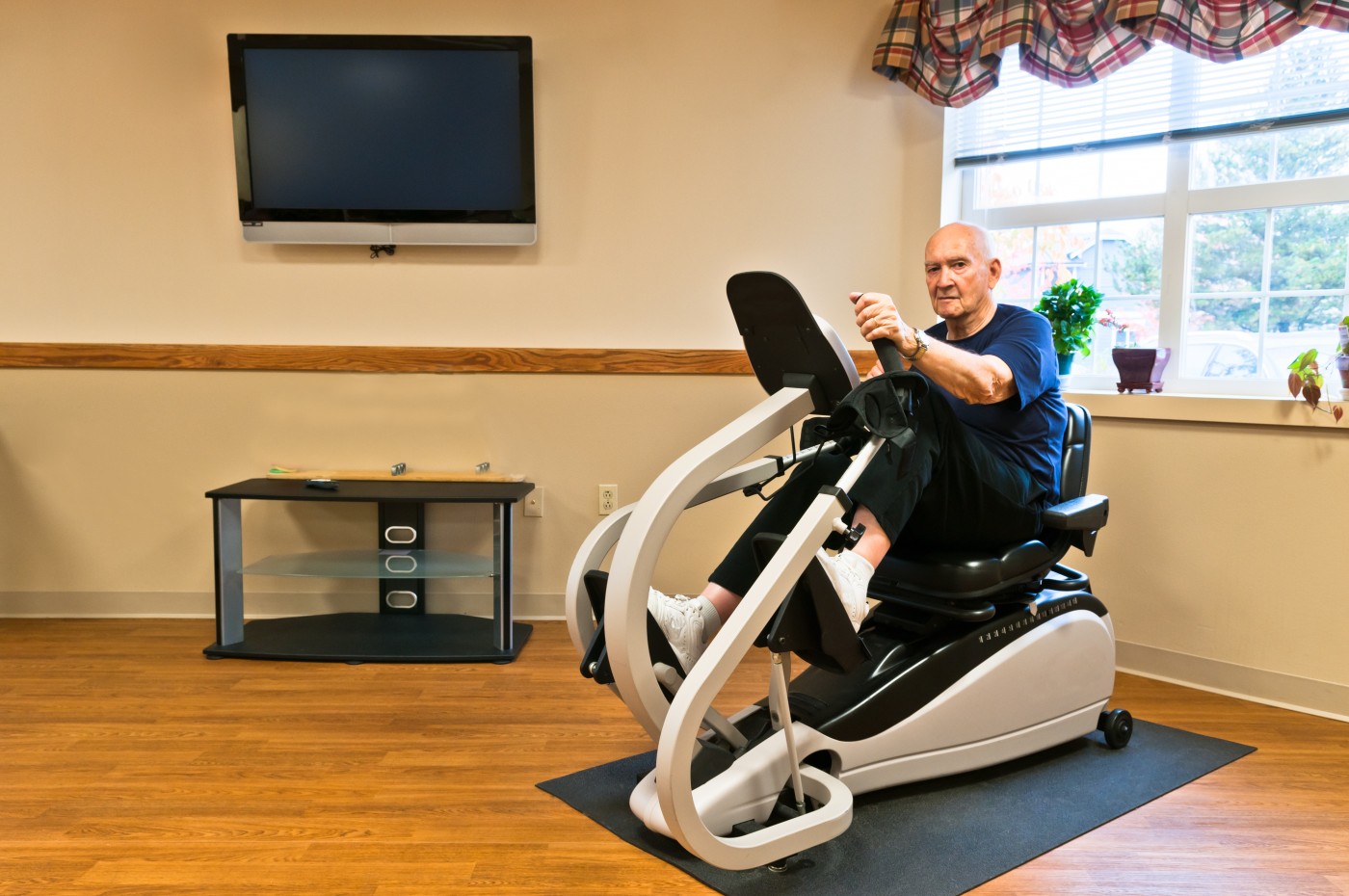MS Patients May Be More Fit Than Tests Indicate
Written by |

Findings from a recent study published in the Journal of Neurologic Physical Therapy showed that standard approaches to evaluating muscular strength and cardiorespiratory fitness among patients with multiple sclerosis (MS) might be underestimating the patients’ capacities, encouraging clinicians to prescribe less effective exercises.
In the study entitled “Physical Fitness Assessment Across the Disability Spectrum in Persons With Multiple Sclerosis: A Comparison of Testing Modalities,” Dr. Lara Pilutti and her colleagues at the University of Illinois compared different approaches of assessing cardiorespiratory fitness (arm ergometer versus recumbent stepper) and muscular fitness (hand-held dynamometry versus computerized dynamometry) among 64 MS patients who had mild to severe mobility difficulties.
The researchers tested for associations between physical fitness and other measures representing all domains of the International Classification of Functioning, Disability and Health (ICF).
The results revealed that patients with MS had significantly higher peak aerobic capacity and muscle strength when recumbent steppers and computerized dynamometers were used for the tests, in comparison with arm ergometers and hand-held dynamometers. Peak torque of the knee extensors and knee flexors were assessed significantly higher using computerized dynamometry than with hand-held dynamometry.
Researchers also found that the aerobic capacity and peak torque decreased as a function of increasing disability. In terms of potential associations, the results revealed moderate to strong correlations between physical fitness measures and measures representing all domains of the ICF, irrespective of the fitness testing mode.
Computerized dynamometers assess the amount of torque or muscle force that users exert to move a device with their legs. The precision of hand-held dynamometers in testing muscle strength has been questioned in previous studies due to the variability in results, which depend on the strength of the person controlling the test and delivering resistance as the participant pushes against the device, Dr. Pilutti noted.
However, according to Dr. Pilutti, people with the most incapacitating symptoms could benefit from exercise training. For the 2.5 million people globally who have MS, proper exercise can help to manage many of their disease symptoms, such as muscle weakness, fatigue, and problems with coordination and balance. Sedentary behavior is a health problem among people with MS who, like those in the general population, spend about eight hours sitting per day, according to the study results.
“We know there are some serious health consequences in terms of morbidity and mortality, so inactivity is a pretty significant issue,” said Dr. Pilutti in a news release. “We need to develop some interventions for both people with MS and in the general population to get everyone to be more active. But that’s going to be a challenge for people who have more severe mobility disabilities.”


